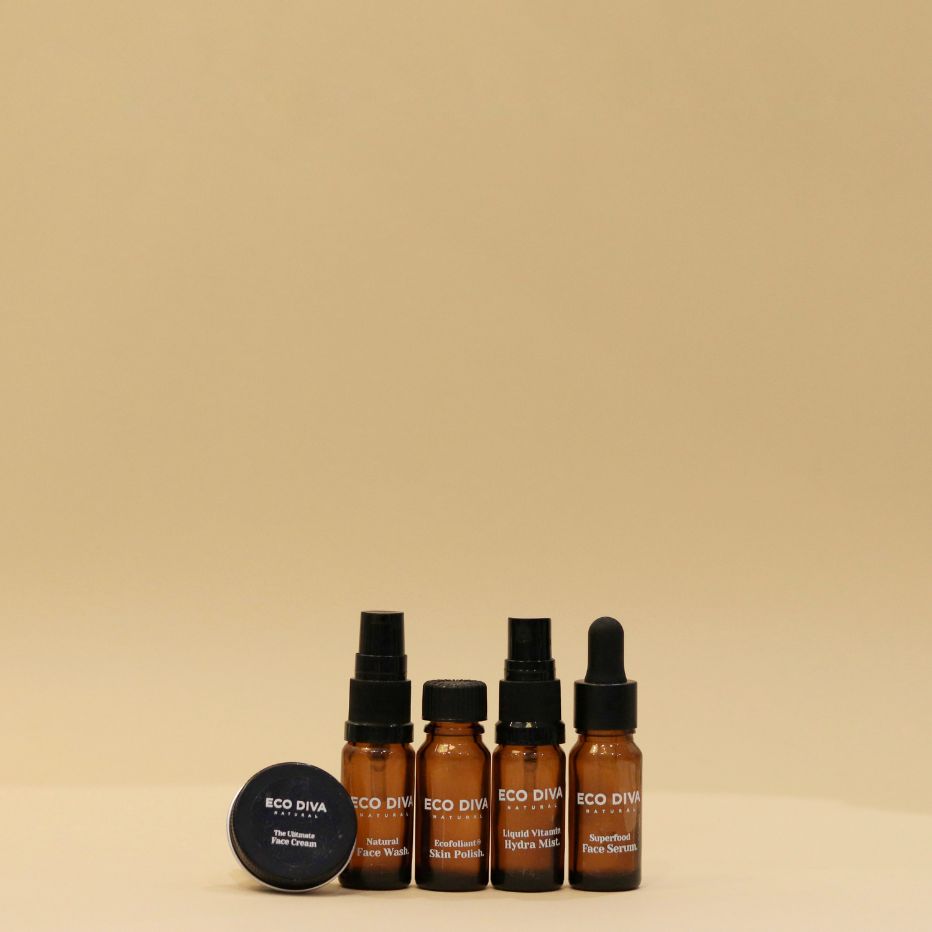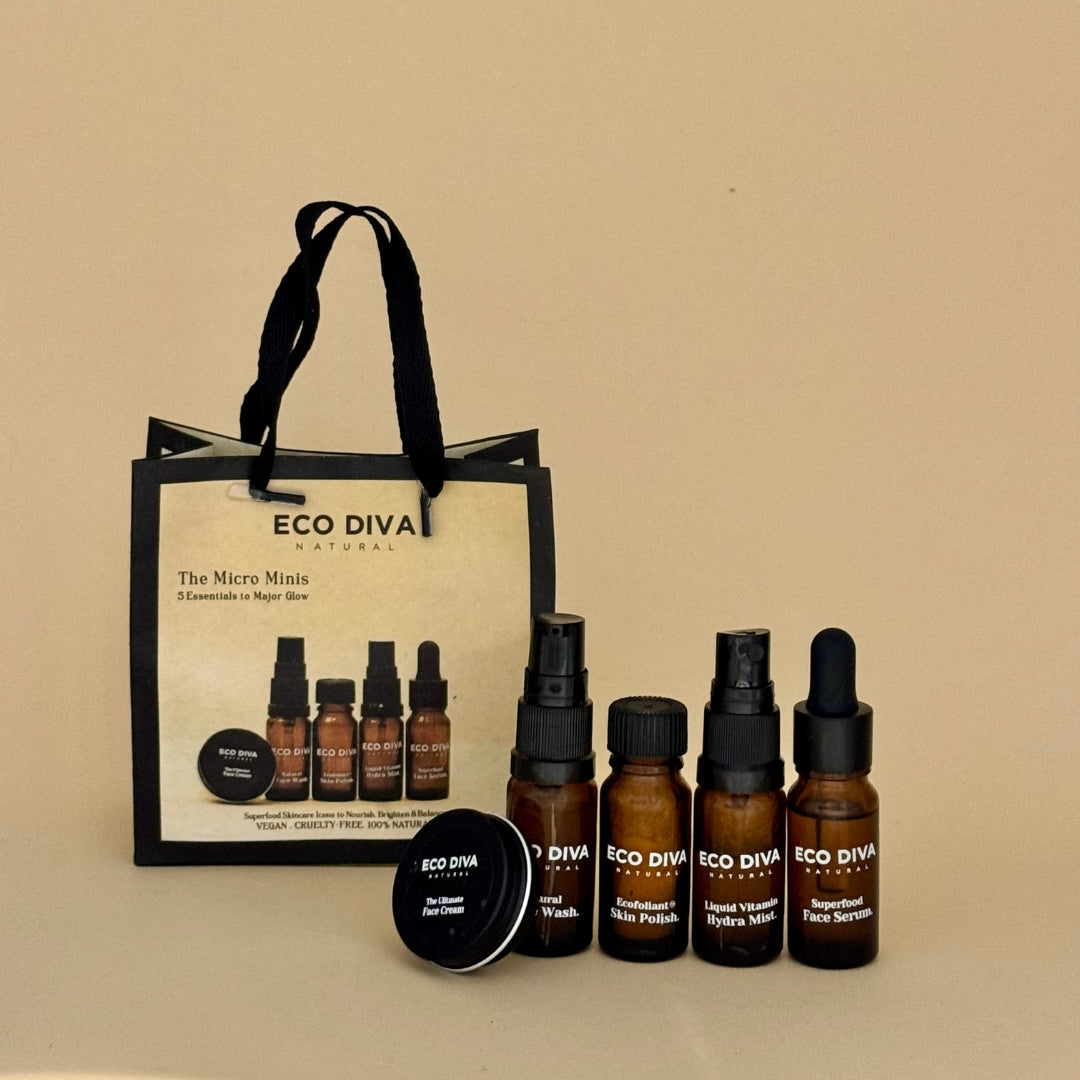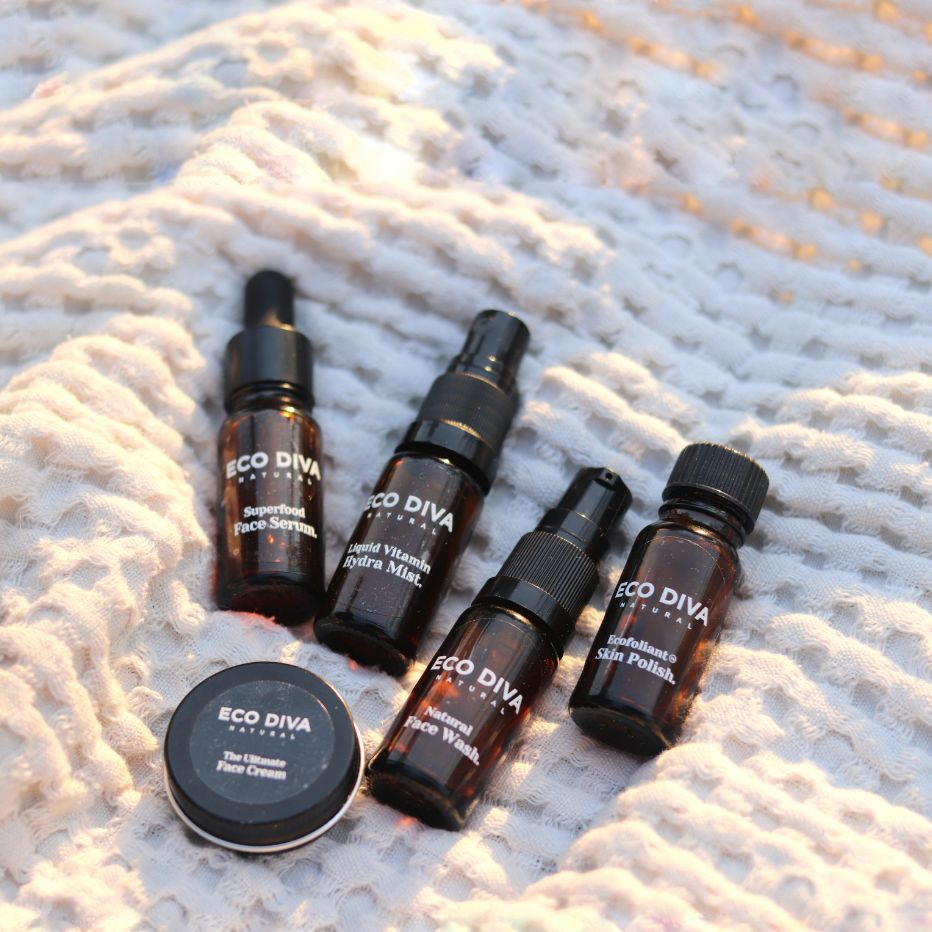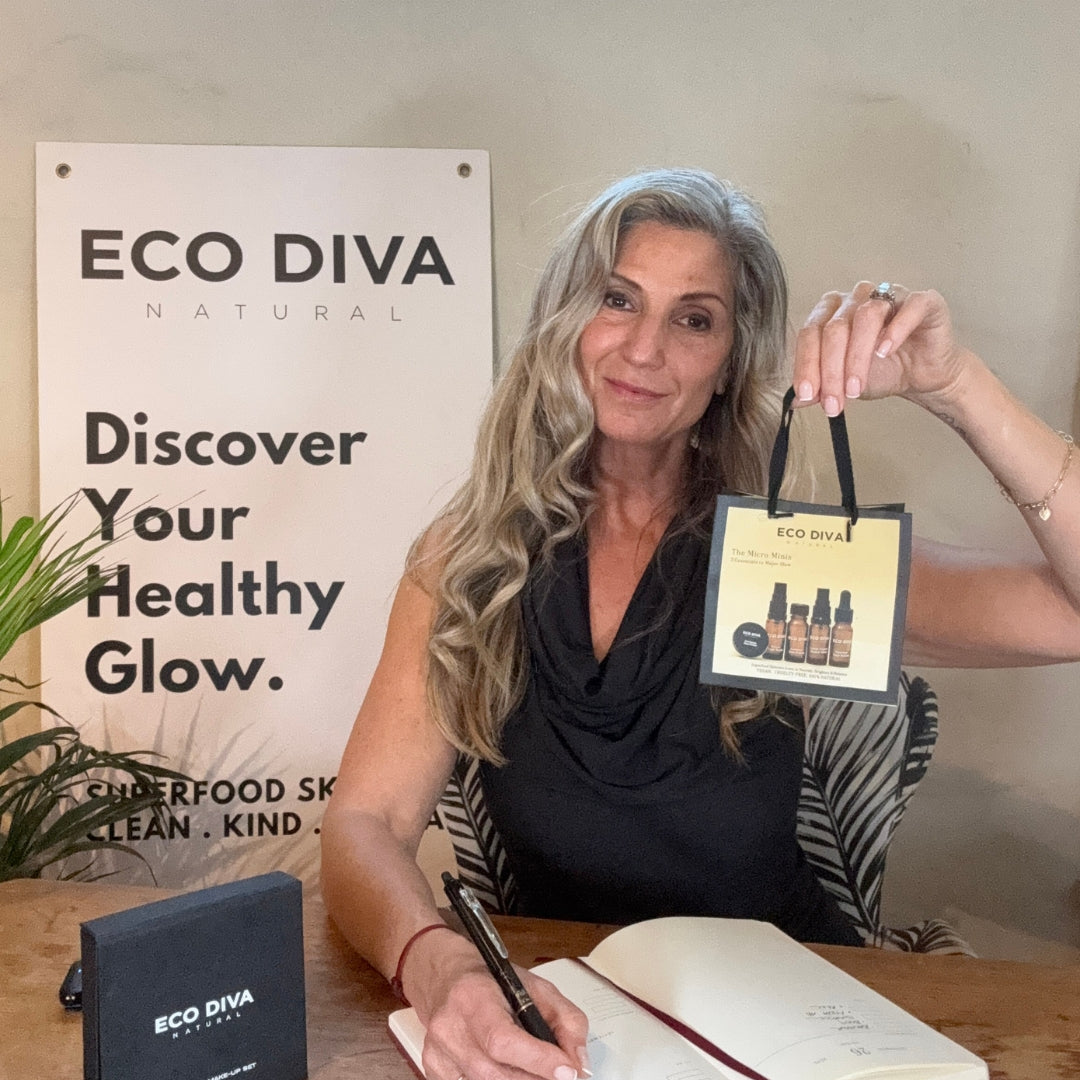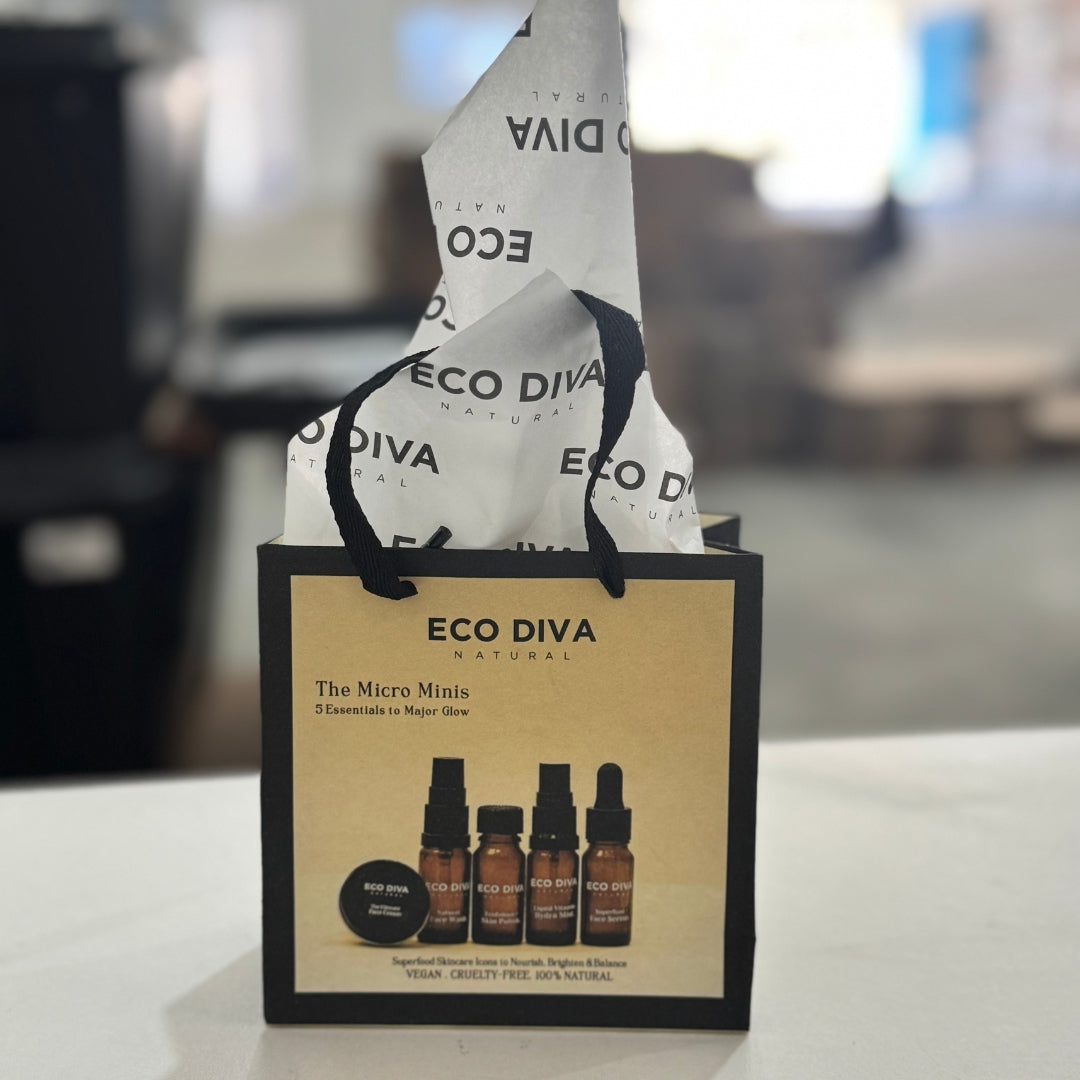October is Breast Health Awareness Month, a time to remind ourselves of the importance of proactive breast care. Beyond pink ribbons and campaigns, true breast health awareness involves taking tangible steps to understand your body, read product labels, and make informed choices about the chemicals you expose yourself to. In this feature, we delve into the significance of regular self-checks, the importance of deciphering personal care product labels, and the chemical nasties to avoid in order to reduce the risk of breast cancer.
Regular Self-Checks: Your First Line of Defense
Early detection is paramount in the prevention of potential breast cancer. Self-checks serve as a crucial first step in identifying any changes in breast tissue. By performing regular self-exams, you become familiar with the normal look and feel of your breasts, enabling you to notice any unusual lumps, changes in size or shape, or other abnormalities. Experts recommend a monthly self-exam, usually a few days after your menstrual cycle when breasts are less likely to be tender or swollen. Early detection increases the chances of successful treatment and improved outcomes, underscoring the importance of integrating self-checks into your routine.
I prefer to make my self-checks part of my daily self-care ritual. While applying my vitamin-rich (100% natural) body butter or body oil under my arms and all around my breasts, I perform the self-check, feeling for any changes in breast tissue while allowing the goodness of the natural products to create a gentle massage slip as I go.
Decoding Personal Care Product Labels: A Step Towards Wellness
Beyond self-exams, your daily personal care routine can also influence breast health. Many personal care products, from cosmetics and deodorants to lotions, contain a variety of ingredients, some of which may have potential health risks. Reading product labels and understanding the ingredients list can empower you to make informed choices about the products you use.
Navigating Toxic Nasties: What to Avoid
Parabens: These synthetic preservatives are commonly found in cosmetics and skincare products. Some studies have suggested a possible link between parabens and hormone disruption, which could impact breast health.
Phthalates: Often used to make plastics more flexible, phthalates can be present in fragrances and other personal care products. Research has indicated a potential connection between phthalates and hormonal disruption, which might increase the risk of breast cancer.
Synthetic Fragrances: Many products contain fragrances composed of multiple chemicals. These chemicals can cause skin sensitivities and, in some cases, might include endocrine-disrupting compounds.
Triclosan: Frequently found in antibacterial products, triclosan has raised concerns due to its potential impact on hormone function and antibiotic resistance.
Formaldehyde Releasers: Some personal care products release formaldehyde over time, which has been classified as a probable human carcinogen.
Lead and Heavy Metals: Certain cosmetics, particularly lip products, may contain trace amounts of lead and other heavy metals. These substances can be harmful if ingested or absorbed over time.
Aluminum: - found in anti-perspirants and deodorants (used close up and personal to breast tissue)as well as other personal-care products, has been linked to the mutation of breast tissue that can develop into cancerous cells. Daily use of aluminum has also been linked to brain cell mutation possibly leading to Alzheimer’s.
By avoiding products containing these potential harmful chemicals, you take a proactive step in safeguarding your breast health.
Empowerment Through Knowledge
Breast health awareness encompasses more than just awareness—it’s about empowerment through knowledge and action. Incorporating regular self-exams into your routine, understanding product labels, and avoiding harmful chemicals can significantly contribute to your overall breast health. This October, let's stand together to prioritize our well-being and take tangible steps toward preventing breast cancer through informed choices and proactive self-care. Remember, every small conscious step adds up to a healthier future.












